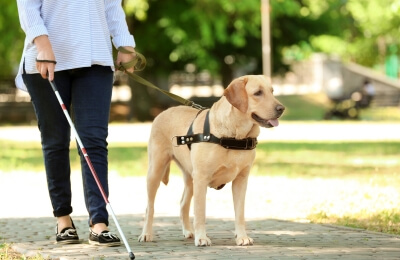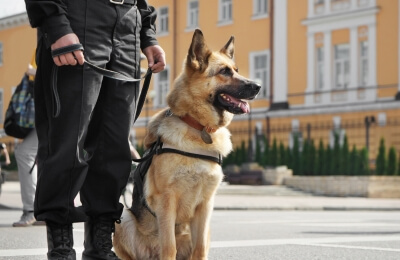Adamstown Bar Beach Belair Broadmeadow Carrington Cooks Hill Georgetown Hamilton The Hill Islington The Junction Kotara Lambton Lambton Gardens Maryville Mayfield Merewether Newcastle New Lambton Rankin Park Tighes Hill Wickham Hillsborough Belmont North Bennetts Green Charlestown Charlestown East Charlestown South Dudley Eleebana Floraville Garden Suburb Highfields Jewells Kahibah Lakelands Macquarie Hills Mount Hutton Redhead Speers Point Tingira Heights Valentine Warners Bay WhitebridgeAdamstown Bar Beach Belair Broadmeadow Carrington Cooks Hill Georgetown Hamilton The Hill Islington The Junction Kotara Lambton Lambton Gardens Maryville Mayfield Merewether Newcastle New Lambton Rankin Park Tighes Hill Wickham Hillsborough Belmont North Bennetts Green Charlestown Charlestown East Charlestown South Dudley Eleebana Floraville Garden Suburb Highfields Jewells Kahibah Lakelands Macquarie Hills Mount Hutton Redhead Speers Point Tingira Heights Valentine Warners Bay Whitebridge
Assistance and Therapy Dog Training – Newcastle
Are you looking for greater freedom and independence in your life?
Do you want to enhance your physical and mental well-being?
Are you seeking to boost your self-esteem and confidence, and increase social contact, love, and companionship?
An assistance dog could be the perfect fit for you! Assistance dogs are specially trained to support individual persons with physical or psychological disabilities in their daily lives.
Sometimes called “service dogs,” the training requires commitment from both the human and the canine.
We help people train their own pet dogs to become assistance dogs.
Important Information
Both you and your dog will grow from this extraordinary and uplifting experience!
Book your Initial Suitability Assessment today!
Don’t need an assistance dog for access? Why not train your dog as an emotional support dog? Reach out to us via our contact page, and we’ll help guide you through that journey.



